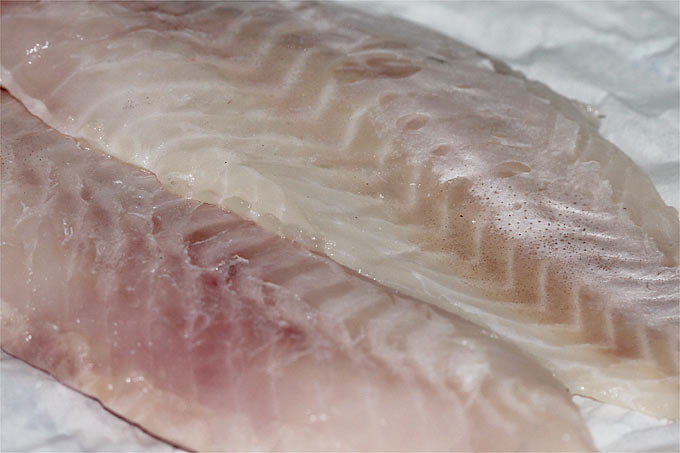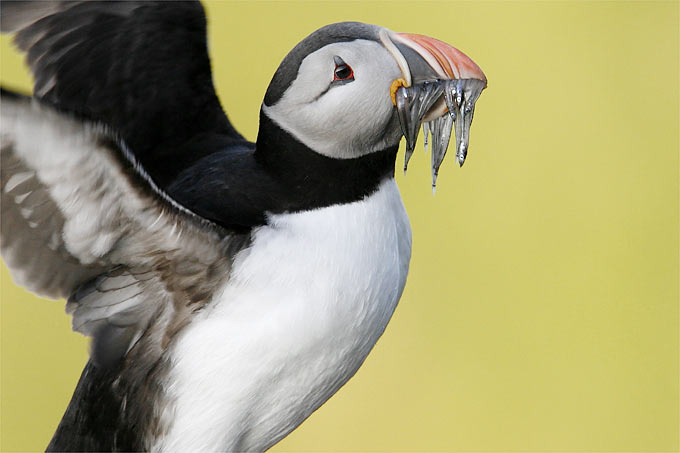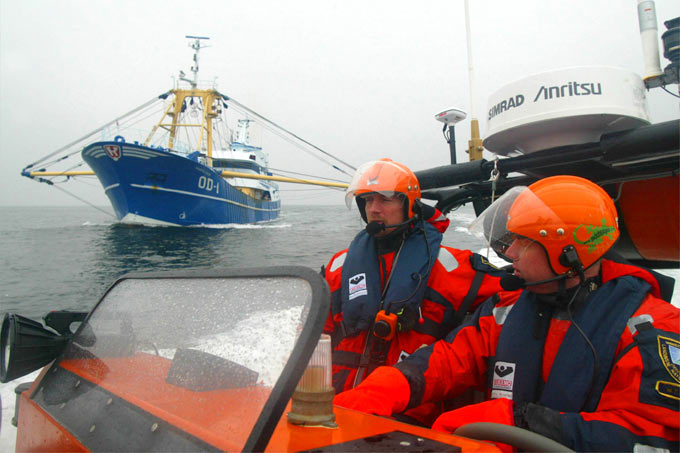Fishing without Limits
Plundering the oceans prevents fish stock regeneration
Our appetite for the delicacies of the oceans along with the fish meal used to feed cattle and other livestock have created a situation in which more than 75 percent of the commercially targeted fish stocks worldwide are overfished or even outside safe biological limits.
The situation in the European fishing grounds is particularly alarming with 70 percent of the fish stocks assessed as overfished. Species such as Redfish or Atlantic Cod - in former times known as the „bread-and-butter fish“ of the Germans - are now in short supply. In the meantime, Germans consume about 16 kilograms fish per person per year.
Increasing fishing power prevents fish stocks from regeneration
In the last decade, the tonnage of fish harvested from the sea has risen sharply worldwide. In 1950, tonnage of fish harvested amounted to 17 million, by 2006 the amount had already increased to 82 million tons. Since the middle of the 1990s the amount caught has stagnated even though new techniques and equipment have improved: but stronger echo sounding systems, bigger vessels and bigger nets have not brought about bigger landings. We are exhausting fish stocks - trawlers are harvesting fewer fish. And the actual fish caught are smaller in size than in former years. In particular, top predatory fish such as tuna, Atlantic cod, sharks and rays have been decimated so severely that, in some areas, their stocks have been reduced up to 90 percent.
With fish stocks nearly depleted, the fishing industry is netting smaller and younger fish. In the North Sea up to 93 percent of the remaining Atlantic cod population ends up in the nets of trawlers before having a chance to spawn for the first time. Some scientists fear that commercially targeted fish stocks could collapse completely by the year 2048. And it is not only the European seas that are plundered. Meanwhile, European fishing fleets also operate off the coast of many African countries and, thus, moving the issue of overfishing to other areas rather than finding a solution.
The decline in fish stocks in the North Sea and the Baltic Sea has also been significant. Although the North Sea accounts for only 0.2 percent of the world‘s oceans, up to five percent of the catch is taken there. Approximately 3.5 million tons of fish are caught every year. In some regions of the North Sea trawlers drag their nets along the bottom up to 20 times a year in order to harvest bottom dwelling fish. This adversely affects highly sensitive benthic communities (marine flora and fauna on the ocean floor) – corals and sea anemones, starfish, mussels and snails. It will take a long time to recover - and in some instances the damage is irreparable.
Massive and destructive fishing practices have enhanced overfishing to the extent that nearly all edible fish species have been depleted. But fish are not the only victims of commercial fishing. Thousands of seabirds as well as marine mammals land as unintended bycatch in the nets of the fishermen. Gill nets are an absolute death-trap for ducks, divers, the Harbor Porpoise and other marine mammals.
Ineffective EU laws
The fishing industry in Germany is a traditional element of the German economy and culture along its coasts and rivers. Approximately 45,000 people are employed in the fishing sector. The German fishing policy is fully integrated in European fishing policies. Subsidies, close seasons, maximum catch and technical guidelines (mesh size, mitigation measures) are negotiated and agreed at the EU-level. However, there is wide agreement that the Common Fisheries Policy (CFP) has failed. Not even the reform dating back to 2002 resulted in a recovery of the fish stocks. The CFP is currently debating a fundamental second reform and results are expected by 2012. NABU is taking an active role in the process.
More information
Since its introduction in 1983, the Common Fisheries Policy (CFP) of the European Union (EU) has neither been successful in regulating fishing nor ending constant overfishing. more →
An ecosystem is a complex of living organisms. NABU focuses on restoring ecosystems to their original state and important regulatory functions such as carbon sequestration. Ideally, by creating conditions in which the ecosystem can recover on its own. more →



